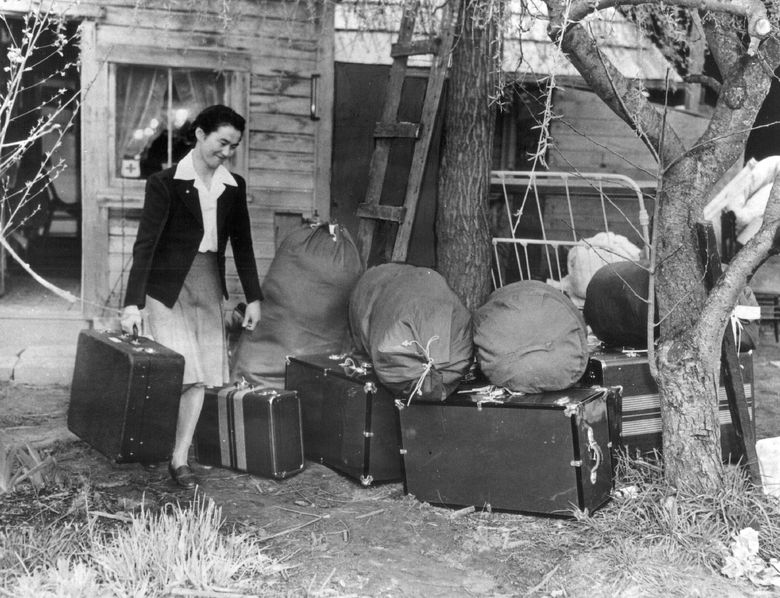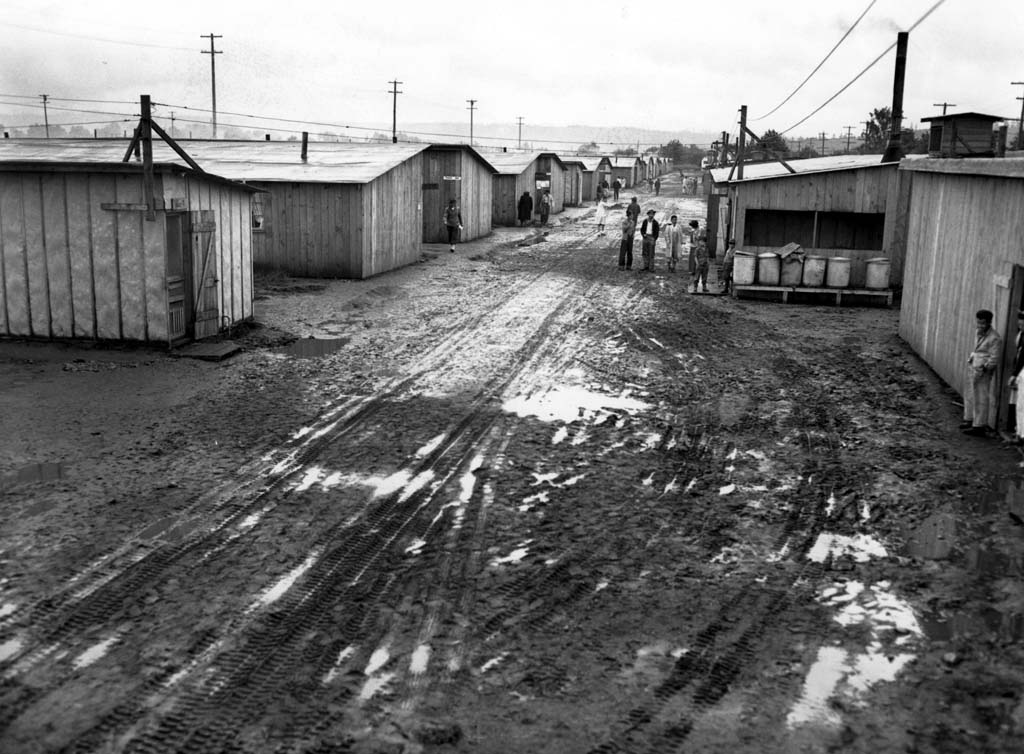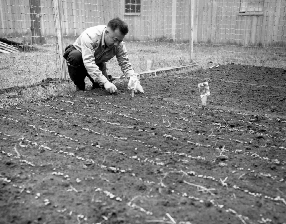“But I will never forget the shocking feeling that human beings were behind this fence like animals. And we were going to also lose our freedom and walk inside of that gate and find ourselves…cooped up there…when the gates were shut, we knew that we had lost something that was very precious; that we were no longer free.”
- Mary Tsukamoto







